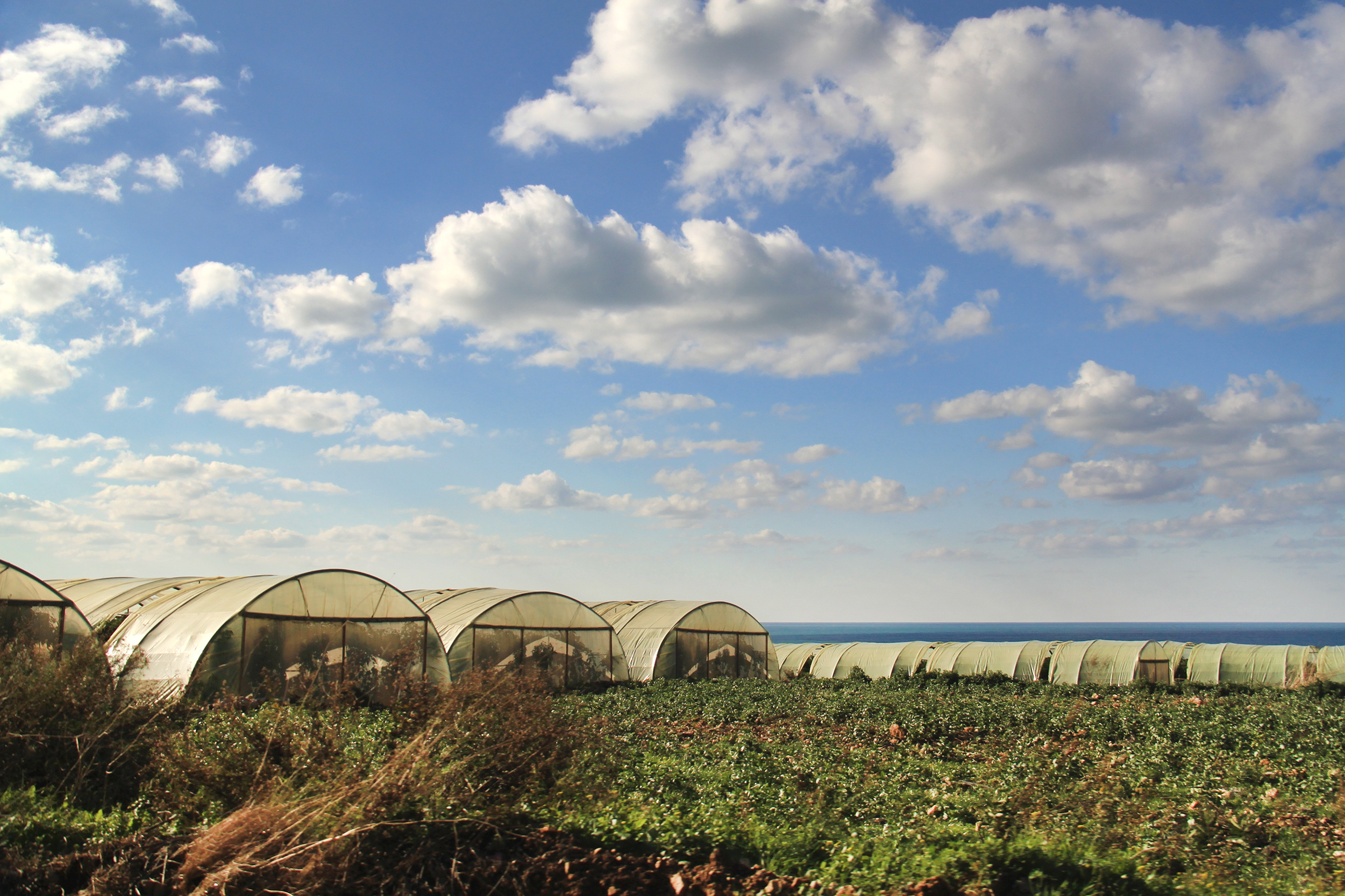Field perspectives on pests and pollination from the world’s oldest city

How do greenhouse growers navigate the delicate balance between combating pests and protecting pollinators—two forces that can determine the fate of an entire growing season?
To explore this, we surveyed greenhouse growers in Lebanon’s Keserwan-Jbeil coastal region, centered around Jbeil (Byblos)—one of the oldest continuously inhabited cities in the world. Results showed that 80% of these growers preferred to maintain their status quo rather than adopt the pollinator-friendly practices we presented. Naturally, we had many follow-up questions.
Thanks to the ACES International Graduate Grant, I traveled to Lebanon and conducted a focus group in the coastal town of Hboub with tomato, cucumber, eggplant, and zucchini growers. This experience deepened my understanding of the survey results and offered insights into local knowledge, economic pressures, and the region’s climatic challenges.
Pollination: Between Biology and Market Logic
While scientific literature emphasizes the role of insect pollinators in improving fruit yield and quality, our fieldwork revealed a more nuanced reality.
Growers don’t see pollination as their main bottleneck. Heat stress, disease, and market instability rank higher among their concerns. Most also expressed skepticism about using managed or wild bees. With no price premiums for pollinator-friendly practices, the investment doesn't make sense to them.
Pest Management: Scouting, Spraying, and Strategy
One of the more surprising survey findings was that many coastal growers were already practicing ecologically recommended pest management strategies—such as scouting before spraying, which we had included in the survey. Growers demonstrated strong knowledge of chemical resistance. Many rotate products with different modes of action and alternate applications across crops to slow resistance buildup. Some also practice crop rotation and weed removal, though limited resources and intense pest pressures often constrain their options.
Risk, Resilience, and Reluctance
A recurring theme was risk aversion, shaped by the near-total absence of government support. Coastal farmers, in particular, felt sidelined. While smallholders in northern Akkar reportedly receive aid, growers in Keserwan-Jbeil contend with cheaper Syrian imports and limited market control. Under these conditions, ecological alternatives feel like unaffordable gambles.
Sustainability is a process not a slogan
This grant helped ground my academic research in lived experience. It reminded me that even the best technical solutions can fall flat without social, economic, and political alignment. It reaffirmed my commitment to participatory research and policy-engaged scholarship that centers the voices of those most impacted by agricultural transitions.
I traveled to Lebanon during a time of mounting political tension. Due to security warnings, I had to cut the trip short. Yet at the Beirut airport, I witnessed a striking contrast: while I felt anxious, the terminal buzzed with families arriving cheerfully with their children, seemingly unfazed by the same warnings that troubled me. This divergence underscored the importance of being on the ground—to understand how lived experience often differs from distant headlines.
As I continue my academic journey, I carry the wisdom of Lebanese greenhouse growers—knowledgeable, pragmatic, and deeply attuned to their land. Their voices remind me that sustainability is not a slogan. It’s a process that must engage with local priorities, difficult trade-offs, and the everyday expertise of those who live the challenges firsthand.
Shaymae Senhaji is a graduate student in agricultural and consumer economics advised by Shadi Atallah.